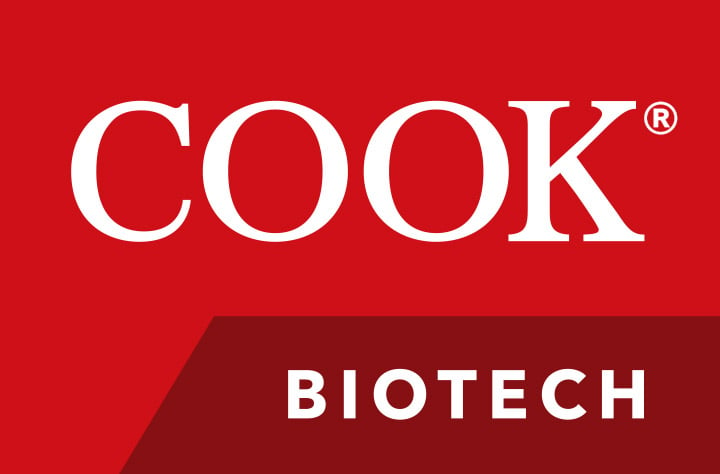
Dr. Richard Simman describes an example of a cellular, acellular, and matrix-like product (CAMP) porcine small intestinal submucosa extracellular matrix (SIS-ECM) and its role as an advanced regenerative wound therapy.1
Dr. Simman reviews the preclinical and clinical data supporting the use of SIS-ECM to regenerate tissue in hard-to-heal wounds.
Dr. Simman introduces the concept of CAMPS—cellular, acellular, and matrix-like products—for treating hard-to-heal wounds.
CAMPS are regenerative wound therapies that provide a scaffold that promotes the synthesis of new dermal tissue, facilitates cell movement into the wound bed, or provides cells that can proliferate within the scaffold. They also assist in the skin’s functions, such as preventing fluid loss and protecting against infection. Some CAMPS provide a functional scaffold to wounds, preventing the scarring that can occur when there is no functional scaffold. Dr. Simman then describes porcine SIS-ECM, its components, and known mechanisms related to wound healing, as well as outcomes when SIS-ECM is used on hard-to-heal wounds. He supports these statements by further describing published studies, including in vitro studies, animal models, and clinical studies. He concludes that SIS-ECM is easy to apply and effective for treating hard-to-heal wounds.
1 Simman R. Role of small intestinal submucosa extracellular matrix in advanced regenerative wound therapy. J Wound Care. 2023;32(1 Suppl 2):S3-S10.
